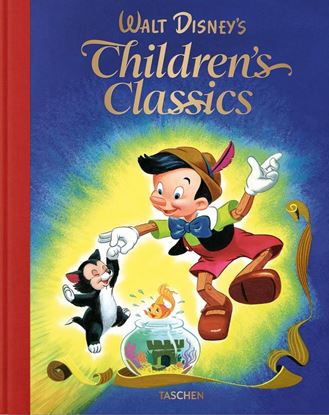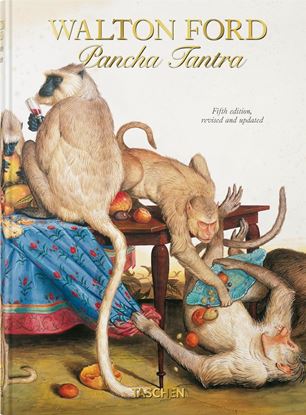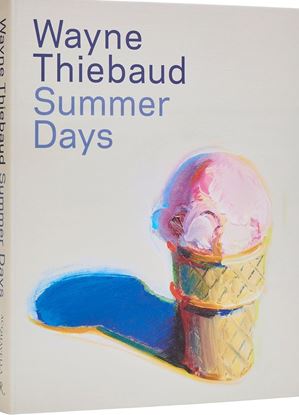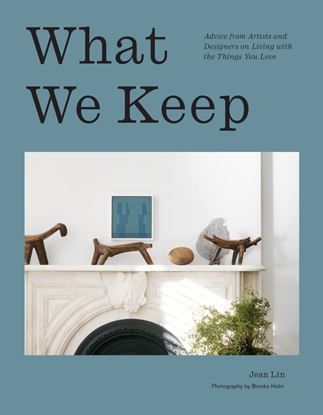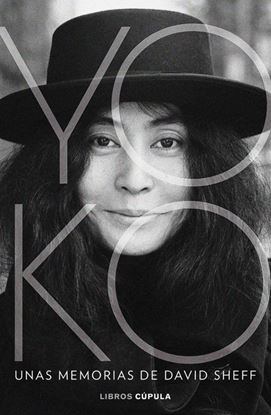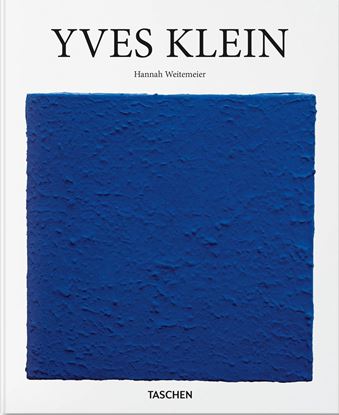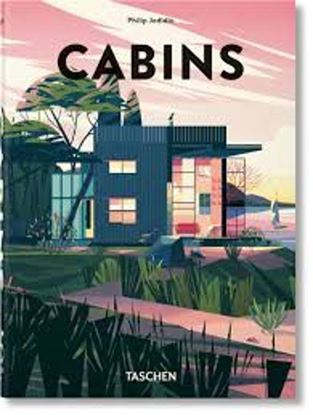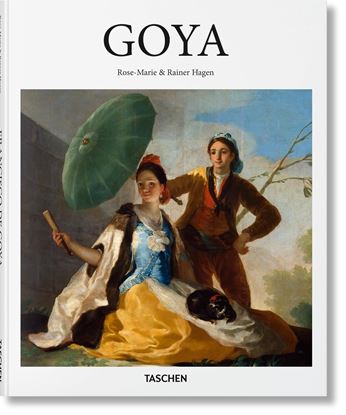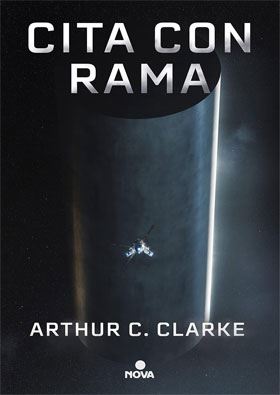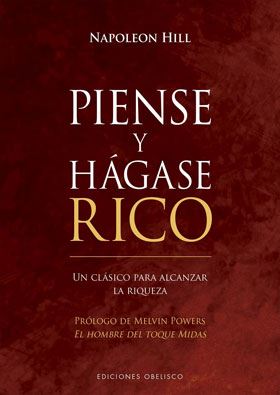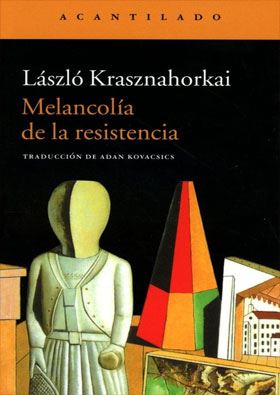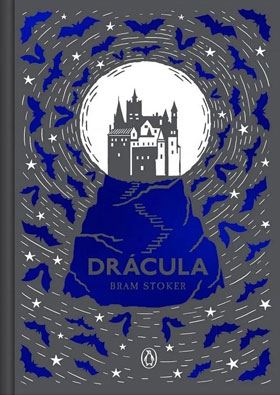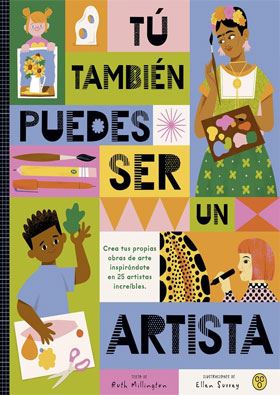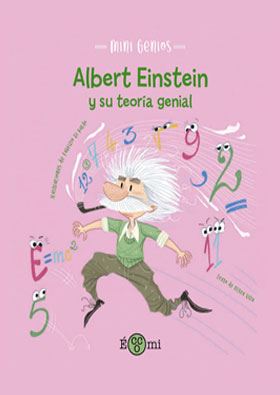

WALT DISNEYS CHILDRENS CLAS. 1937-1953
In Los Angeles during the 1940s and 1950s, Disney artists popularized illustration for children both on the big screen and in the pages of the Golden Books, a series of affordably priced children's books. These stories distilled the visual language of Disney films and brought historic and contemporary tales to life through compelling and inventive works of art. The selection of material in this book by 7 different artists reflects the variety of stylistic approaches that defined animation and illustration at the Disney studio.The book begins with an introduction to the artistic milieu that characterized the Disney studio, and each of the 10 stories is illustrated with complete original art and text. Biographies of the artists featured are included in the appendix. This hardcover anthology of vintage illustration will captivate adults and children alike.
3,700
3,145
WALTON FORD. 45TH ED. (INT)
In this stunning but sinister visual universe, beasts and birds are not mere aesthetic objects but dynamic actors in allegorical struggles: a wild turkey crushes a small parrot in its claw; a troupe of monkeys wreaks havoc on a formal dinner table; an American buffalo is surrounded by bloodied white wolves. In dazzling watercolor, the images impress as much for their impeccable realism as they do for their complex narratives.
2,200
1,870
WAYNE THIEBAUD. SUMMER DAYS
This book tracks the career of the artist over six decades, revealing his retained interest in lighthearted subjects while casting them in traditional modes of painting. It celebrates the artist’s regard for the delights of the quintessentially American summer experience, from its sweet ice creams and chilled soda pops to beach games and barbecues, melting a gray winter into a fading memory. The catalogue features paintings from the 1960s through the 2000s of beach scenes, hot dogs, ice creams, beach balls, and bathing suits.
3,700
3,145
WHAT WE KEEP ADVICE FROM ARTISTS
Learn the refined art of display and get an insider’s education in collecting from gallerist Jean Lin. Follow in her footsteps and tour the unique and beautiful homes of more than a dozen dedicated collectors.
Whether you're starting a new collection or wish to display an existing one, each chapter offers inventive ideas for styling and displaying favorite objects, along with a primer on materials, studio visits with ceramicists, textile artists, and woodworkers, and wisdom from some of today’s most fascinating artists and makers.
2,700
2,295
YOKO
La nueva biografía de Sheff sobre Yoko Ono, la artista de 92 años y viuda de John Lennon, argumenta convincentemente su relevancia como feminista, activista, innovadora vanguardista y una descarada de clase mundial. Sheff—prolífico periodista y autor que realizó una de las últimas entrevistas significativas con John y Yoko para Playboy, y posteriormente se hizo amigo de ella—ha escrito lo más cercano a una biografía autorizada que el mundo puede encontrar. El libro es sustancioso y, como era previsible, compasivo pero no adulador, escrito principalmente con una prosa directa que sugiere que la compasión está plenamente justificada por una figura que no solo fue desestimada sino demonizada.
1,650
1,403
YVES KLEIN (BA-ART) (E)
Ese azul…
El artista a quien se le debe el azul de ultramar
A mediados de la década de 1950, Yves Klein (1928-1962) declaró que “un mundo nuevo exige un hombre nuevo”. Su peculiar estilo idiosincrático y su gran carisma llevaron a este audaz artista a desarrollar una breve pero fructífera carrera, pues pintó más de mil cuadros en un periodo de siete años, cuadros que hoy se consideran clásicos del arte moderno de posguerra.
Klein se labró un nombre sobre todo con sus lienzos monocromos de gran formato pintados con el tono de azul que él mismo patentó. El International Klein Blue (IKB), compuesto de pigmento puro y un aglutinante, es a un tiempo denso y luminoso, evocador y decorativo, y Klein lo concibió para evocar la cualidad inmaterial e infinita del mundo. Las obras de esta revolución azul parecen transportarnos a otra dimensión, como si cayéramos hipnotizados por un cielo de verano perfecto.
1,350
1,148
CABINS (45TH ED.) (INT)
Desde que Henry David Thoreau describiera en Walden o Vida en los bosques (1854) los dos años, dos meses y dos días que habitó en una cabaña en Walden Pond (Massachusetts), la idea de una vivienda refugio ha seducido a la psique moderna. En la última década, con el crecimiento exponencial del consumo de materias primas y el impacto de nuestra huella ecológica, arquitectos internacionales se han interesado por las posibilidades que brinda un tipo de casa aislada, minimalista y de bajo impacto.
Esta edición de Cabañas, que combina un texto en profundidad con abundantes fotografías y brillantes ilustraciones de Marie-Laure Cruschi, explora las oportunidades que brinda este tipo de arquitectura para la creatividad. La cabaña renuncia a los excesos y limita su intrusión espacial a cubrir las necesidades esenciales para vivir, al tiempo que se muestra respetuosa con el medio natural en el que se ubica y prioriza soluciones ecológicas. Así, las cabañas ofrecen algunas de las propuestas más innovadoras y con mayor visión de futuro de la arquitectura contemporánea, de la mano de Renzo Piano, Terunobu Fujimori, Tom Kundig y muchos otros jóvenes profesionales que trabajan en estos espacios refugio.
2,300
1,955
GOYA (BASIC ART SERIES 2.0)
From court portraits for the Spanish royals to horrific scenes of conflict and suffering, Francisco José de Goya y Lucientes (1746–1828) made a mark as one of Spain’s most revered and controversial artists. A master of form and light, his influence reverberates down the centuries, inspiring and fascinating artists from the Romantic Eugène Delacroix to Britart enfants terribles, the Chapman brothers.Born in Fuendetodos, Spain, in 1746, Goya was apprenticed to the Spanish royal family in 1774, where he produced etchings and tapestry cartoons for grand palaces and royal residences across the country. He was also patronized by the aristocracy, painting commissioned portraits of the rich and powerful with his increasingly fluid and expressive style. Later, after a bout of illness, the artist moved towards darker etchings and drawings, introducing a nightmarish realm of witches, ghosts, and fantastical creatures.It was, however, with his horrific depictions of conflict that Goya achieved enduring impact. Executed between 1810 and 1820, The Disasters of War was inspired by atrocities committed during the Spanish struggle for independence from the French and penetrated the very heart of human cruelty and sadism. The bleak tones, agitated brushstrokes, and aggressive use of Baroque-like light and dark contrasts recalled Velázquez and Rembrandt, but Goya’s subject matter was unprecedented in its brutality and honesty.In this introductory book from TASCHEN Basic Art 2.0 we set out to explore the full arc of Goya’s remarkable career, from elegant court painter to deathly seer of suffering and grotesquerie. Along the way, we encounter such famed portraits as Don Manuel Osorio Manrique de Zúñiga, the dazzling Naked Maja, and The 3rd of May 1808 in Madrid, one of the most heart-stopping images of war in the history of art.
1,500
1,275
HOMES FOR OUR TIME V2 (45 ANIV.) (INT)
This book documents a revolution. With photos, plans, and descriptions, it explores new approaches in building and presents resourceful and green private homes. Rejecting “stardom” but celebrating diversity, talents such as Suzuko Yamada, Gurjit Matharoo, and the collective Frankie Pappas truly build our future.
2,200
1,870
HIROSHIGE (45TH ED.) (INT)
Utagawa Hiroshige (1797–1858) was one of the last great artists in the ukiyo-e tradition. Literally meaning “pictures of the floating world,” ukiyo-e was a particular genre of art that flourished between the 17th and 19th centuries and came to characterize the Western world’s visual idea of Japan. In many ways images of hedonism, ukiyo-e scenes often represented the bright lights and attractions of Edo (modern-day Tokyo): beautiful women, actors and wrestlers, city life, and spectacular landscapes.
Though he captured a variety of subjects, Hiroshige was most famous for landscapes, with a final masterpiece series known as “One Hundred Famous Views of Edo” (1856–1858), which depicted various scenes of the city through the seasons, from bustling shopping streets to splendid cherry orchards.
This reprint is made from one of the finest complete original sets of woodblock prints belonging to the Ota Memorial Museum of Art in Tokyo. It pairs each of the 120 illustrations with a description, allowing readers to immerse themselves in these beautiful, vibrant vistas that became paradigms of Japonisme and inspired Impressionist, Post-Impressionist and Art Nouveau artists alike, from Vincent van Gogh to James McNeill Whistler.
2,300
1,955

